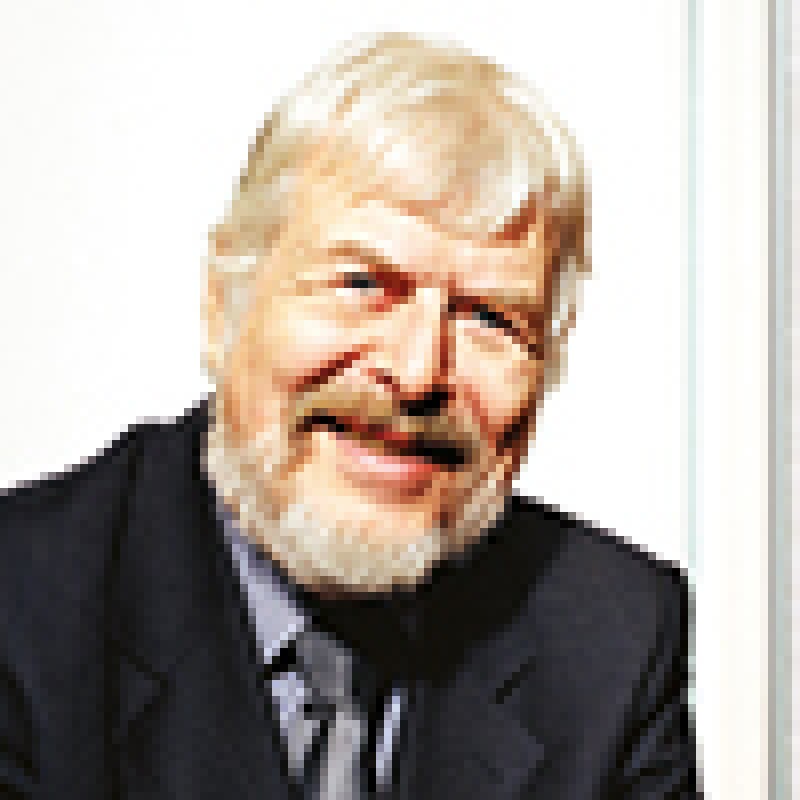Ten years ago the Austrian Supreme Court decided a case concerning Mazda and a tuning company. The tuning company had offered its chip tuning parts for a range of cars. It also named on its website the car types for which it offered these chips. For that it used the cars' word marks and the figurative marks (logos).
The trade marks of the car manufacturer Mazda (word and logo) are famous marks in Austria. Famous marks are also protected when it comes to non-related goods and services (for example, chips and tuning systems). Identical use always means taking unfair advantage of the repute of these marks. Their use by others is only allowed if necessary to inform consumers about the kind of goods or services offered. In the above context, this necessity is limited to the naming of the car types for which these chips are offered and therefore to the use of the word mark. As a result, the Supreme Court found that the additional use of the logo is an infringement of the protected famous figurative mark.
This decision was used in a recent complaint by Davidoff perfumes against an Austrian online mail order firm which is not a specialised dealer in the selective distribution system of Davidoff. The defendant offered original Davidoff perfumes which it bought from an authorised intermediary. In its offers on the web, it used not only the word mark but also the relevant figurative marks as shown on the goods. The plaintiff accepted the necessity of using the word mark Davidoff but pleaded that the use of any other mark including figurative marks is trade mark infringement analogous to the above referenced decision.
However, all instances held that this is a case of exhaustion of rights not comparable to the earlier case. The product presentation was done professionally with no hint of any economic relationship with Davidoff. This trade mark use was clearly not done to promote the services of the mail order house.
The law on exhaustion of rights means that the owner of the marks can no longer object to further sales if the product with the trade mark was put into commerce within the EEA with its consent. The trade mark owner loses its control of the further channel of distribution but retains its control to the extent that its marks are only used for the goods it placed on the market. There is no evidence that the original products offered are changed or impaired so that the only exception to that rule does not apply. A limitation in an exhaustion case dictating that the trade marks are used only as far as is necessary is not part of that rule.
Therefore, the Supreme Court found that in an exhaustion case, all the trade marks used with the product once sold can also be used for that product by the ensuing trade channels.

|
Helmut Sonn |
SONN & PARTNER Patentanwälte
Riemergasse 14
A-1010 Vienna, Austria
Tel: +43 1 512 84 05
Fax: +43 1 512 98 05











